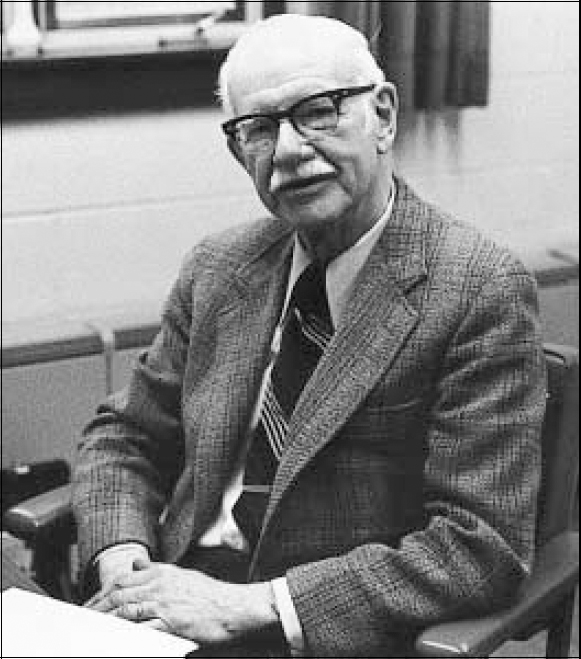Walter Barton was born 29 July 1906 in Oak Park, Illinois, the oldest son of Alfred J. and Bertha (Kalish) Bartusch. He received his MD from the University of Illinois. He spent his internship at the West Suburban Hospital in Oak Park, Illinois and then moved to the Worcester State Hospital in Massachusetts for his residency in psychiatry. He stayed on to gain hospital administration training and because he had met Elsa, then superintendent of nurses, his future wife. In June 1938 he attended the National Hospital, Queen Square, London, England for further neurological training.

His academic career included faculty teaching appointments at Smith College School of Social Work and at the Medical Schools of Tufts, George Washington, Georgetown, and Boston University, where he was Clinical Professor of Psychiatry. He also served as Chairman of the Massachusetts Psychiatric Faculty, Inc. When he ‘retired’ in 1974 he joined the Faculty of Darmouth Medical School and was actively teaching there until his death.
Walter Barton was president of several major psychiatric organisations in the USA. He was honoured by being elected a Life Fellow by the American Psychiatric Association, the American Medical Association, and the American College of Physicians, as well as elected an Honorary Fellow of the Royal College of Psychiatrists of England and of the Australian and New Zealand College of Psychiatrists. He received a number of prestigious awards including the Salmon Medal for Achievement in Psychiatry by the New York Academy of Medicine in December 1974 and in 1975 he received the Distinguished Service Award of the American Psychiatric Association. In 1975 he was awarded an Honorary Doctor of Science by the University of Illinois Medical School, and in 1983 the American Psychiatric Association awarded him their first Administrative Psychiatry Award for outstanding contributions in the field.
During his career in the 1930s he was in the Massachusetts National Guard and saw active service in the Second World War in the Philippines, for which he was awarded the Legion of Honour.
In the 1950s and 1960s he was appointed the Superintendent of Boston State Hospital in Massachusetts which he transformed into a leading service, teaching and research centre. There, through the Barton Mental Health Center he conducted one of the first community demonstration programmes out of which grew the Community Mental Health Movement.
From Boston he moved to Washington, DC and from 1963-1974 became the Medical Director of the American Psychiatric Association with great success. In the 1960s he helped to fashion the Veterans Administration's Physical Medicine Rehabilitation Program and led scientific exchanges to Japan, Scotland, Mexico, Scandinavia and the former USSR. His work has been published extensively, including 12 books and over 180 articles.
Walter Barton died on 26 January 1999, aged 92. He is survived by two children, grandchildren and great-grandchildren.


eLetters
No eLetters have been published for this article.